Planting the Future: Strengthening Seed Supply in the Puget Sound Region
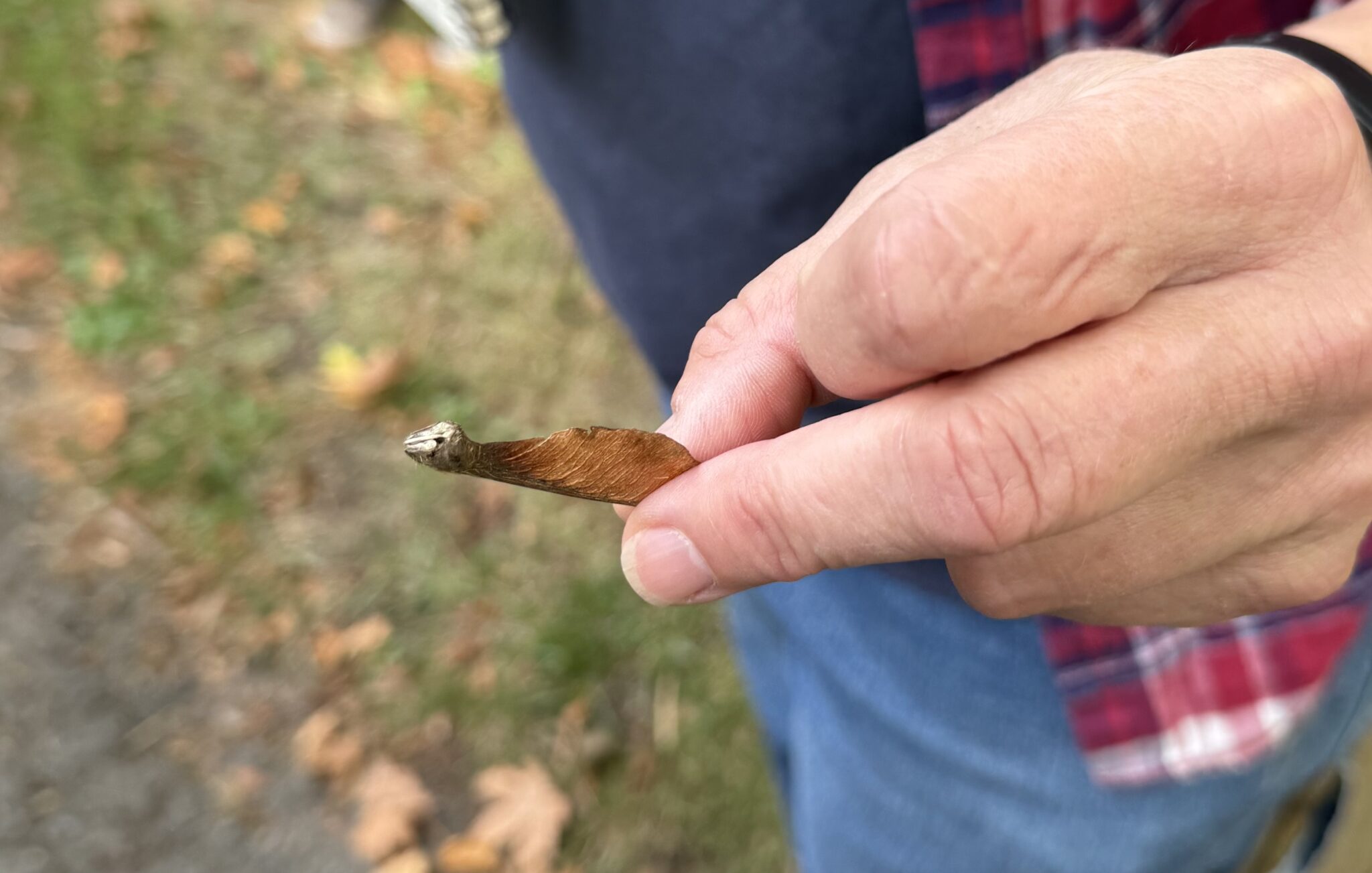
In 2020, NNRG and several partner organizations established the Forest Adaptation Network (FAN) to strengthen collaboration on forest adaptation across the Puget Sound region.
One issue FAN quickly identified was the lack of coordination and resources to supply local seed. Practitioners working on restoration and planting projects often ran into the same challenges: species weren’t available, quality was inconsistent, or small projects couldn’t get what they needed. To tackle this, FAN partners formed the Puget Sound Seed Partnership (PSSP). Led by NNRG, PSSP is working to make seed and seedlings more available, affordable, and genetically diverse—ensuring communities have the right plants to restore forests and watersheds across the Puget Sound region.
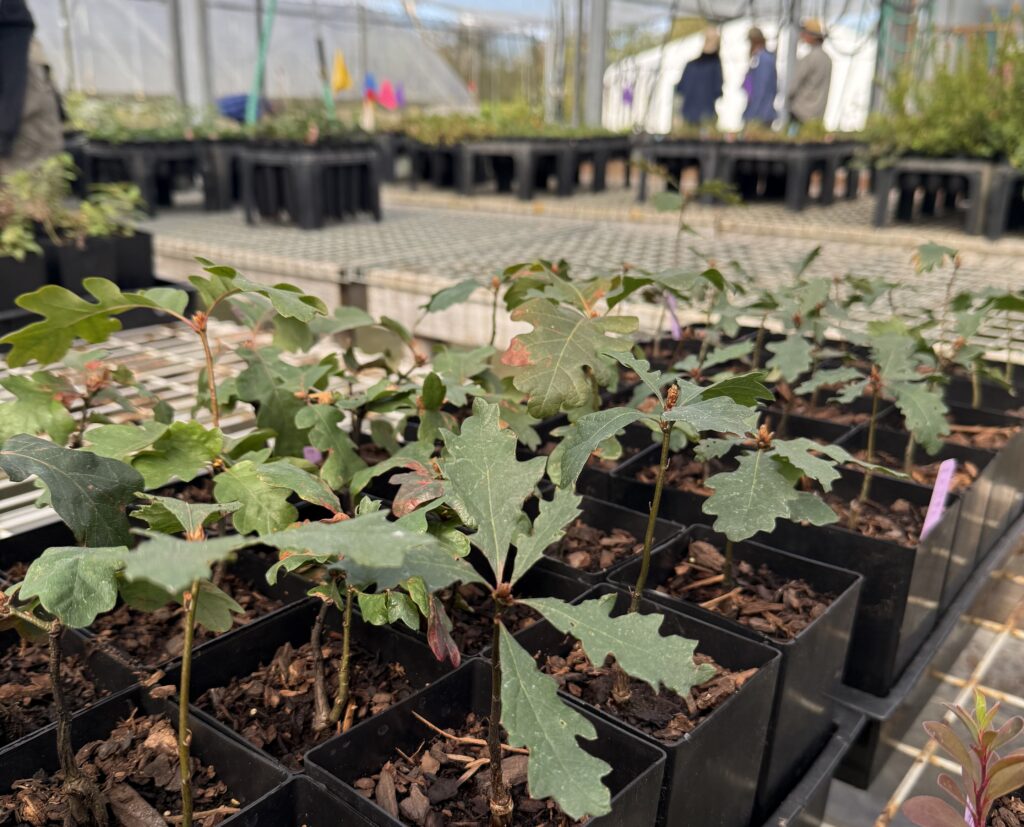
Together with partners including Seattle Public Utilities, Skagit River System Cooperative, Oxbow Farm & Conservation Center, and the City of Tacoma, NNRG is helping provide local practitioners with the tools they need to succeed in a changing climate. This work includes developing shared resources, facilitating a seed exchange, codifying best practices, and hosting trainings and field tours.
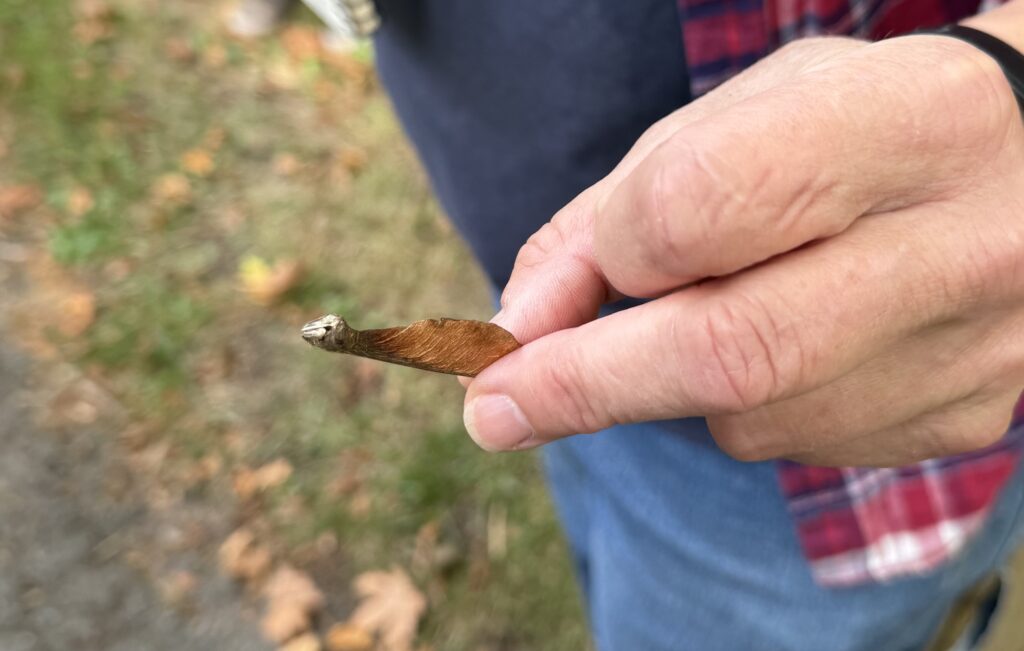
Most recently, PSSP held a Seed Source Training at the Daybreak Star Indian Cultural Center, led by trainer Forest Shomer, who has been collecting seeds for over 40 years. During the training, Forest shared his extensive expertise in seed sourcing and identification, collection techniques, and seed processing and storage.
We spoke with Forest about his journey—one that began in 1969 and has grown into a lifelong commitment to seeds, restoration, and community.
Seeds of a Life’s Work: Forest’s Story
Forest’s interest in seed collecting began in 1969 during the People’s Park movement in Berkeley, California. What started as a community effort to transform a neglected space into a park quickly grew into a national spectacle and local legend. Amid the turmoil, Forest and other young people met Lucie Hupp, an older Quaker woman who admired the community spirit behind the project and invited them to her homestead. There, she taught them to garden, and it was Lucie who introduced Forest to seed collecting. The first seed he remembers gathering was Nigella, or Love-in-a-Mist, a small act of initiation that sparked a passion lasting more than 40 years.
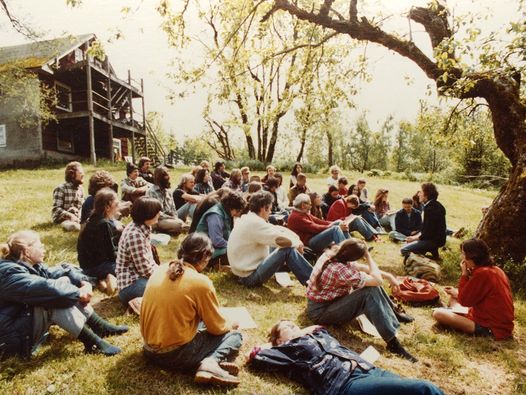
Forest eventually found himself in Seattle, where he helped launch a natural food store with a teaching garden, began packaging and selling bulk seeds, and ran a seed shop from his home in Wallingford. Always hungry to learn, he turned walks to the post office into plant-identification expeditions. If he saw a plant he didn’t know the name of, he would approach the property-owner to ask, “Hey, what’s that flower?” He tended neglected gardens for elderly neighbors, planted seeds, and cultivated relationships with mentors from the University of Washington, deepening both his skills and his roots in community.
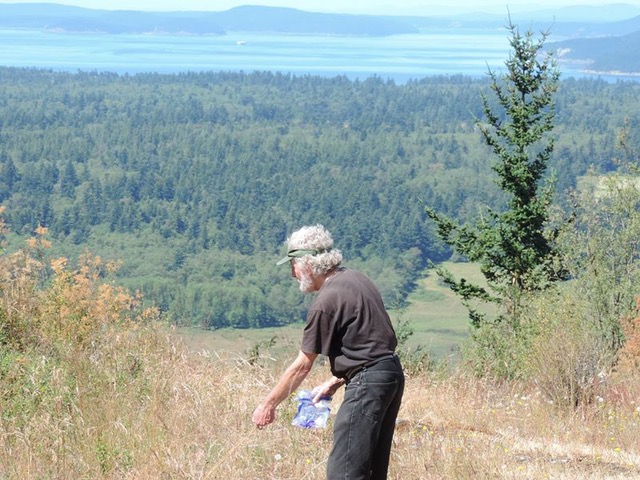
When Forest eventually moved to Port Townsend, his focus shifted to native seeds as he explored the variety of ecosystems on the Olympic Peninsula.
For more than three decades, he has run Inside Passage Seeds, weaving education into every aspect of the work. Forest has been involved in many projects over the years, but prairies have become a true focal point for him. Several years ago, he set out to visit every mapped prairie in Washington, and in 2018 he co-founded the nonprofit Olympic Peninsula Prairies to help protect and restore them.
What draws Forest to prairies is both their extraordinary biodiversity—some host more than 400 species—and their cultural significance. To better understand and connect with these landscapes, he turned to ethnobotany, finding inspiration in the writings of scholars Nancy J. Turner and Erna Gunther—both renowned for their work in ethobotany—whose books he continues to reference.
Today, Forest continues to play an active role in prairie restoration and native seed collection. Throughout his career, has led more than 200 workshops on seed saving and genetic diversity, and held leadership roles in Sacred Agriculture, Parks Commission, County Noxious Weed Board, Native Plant Society, and others. For him, seed collecting has never been just a livelihood—it’s been a way of building relationships with mentors, communities, and the land itself.
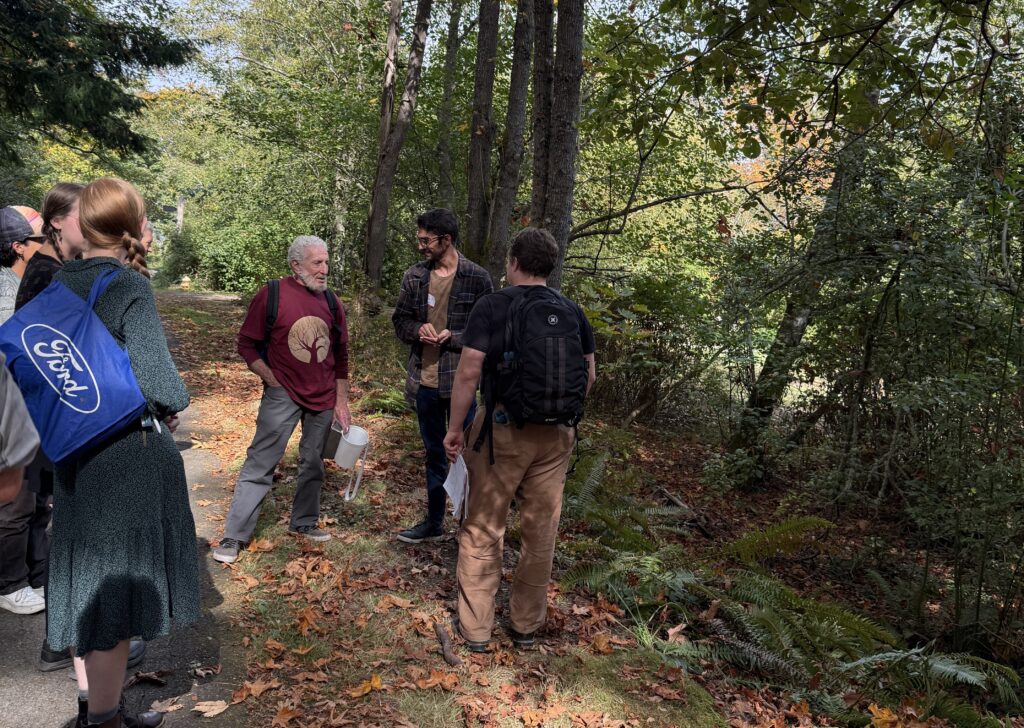
This work has been funded wholly or in part by the United States Environmental Protection Agency under assistance agreement PC-01J89501 to the Washington Department of Fish and Wildlife, PC-01J95801. The contents of this website do not necessarily reflect the views and policies of the Environmental Protection Agency, nor does mention of trade names or commercial products constitute endorsement or recommendation for use.

Leave a Reply